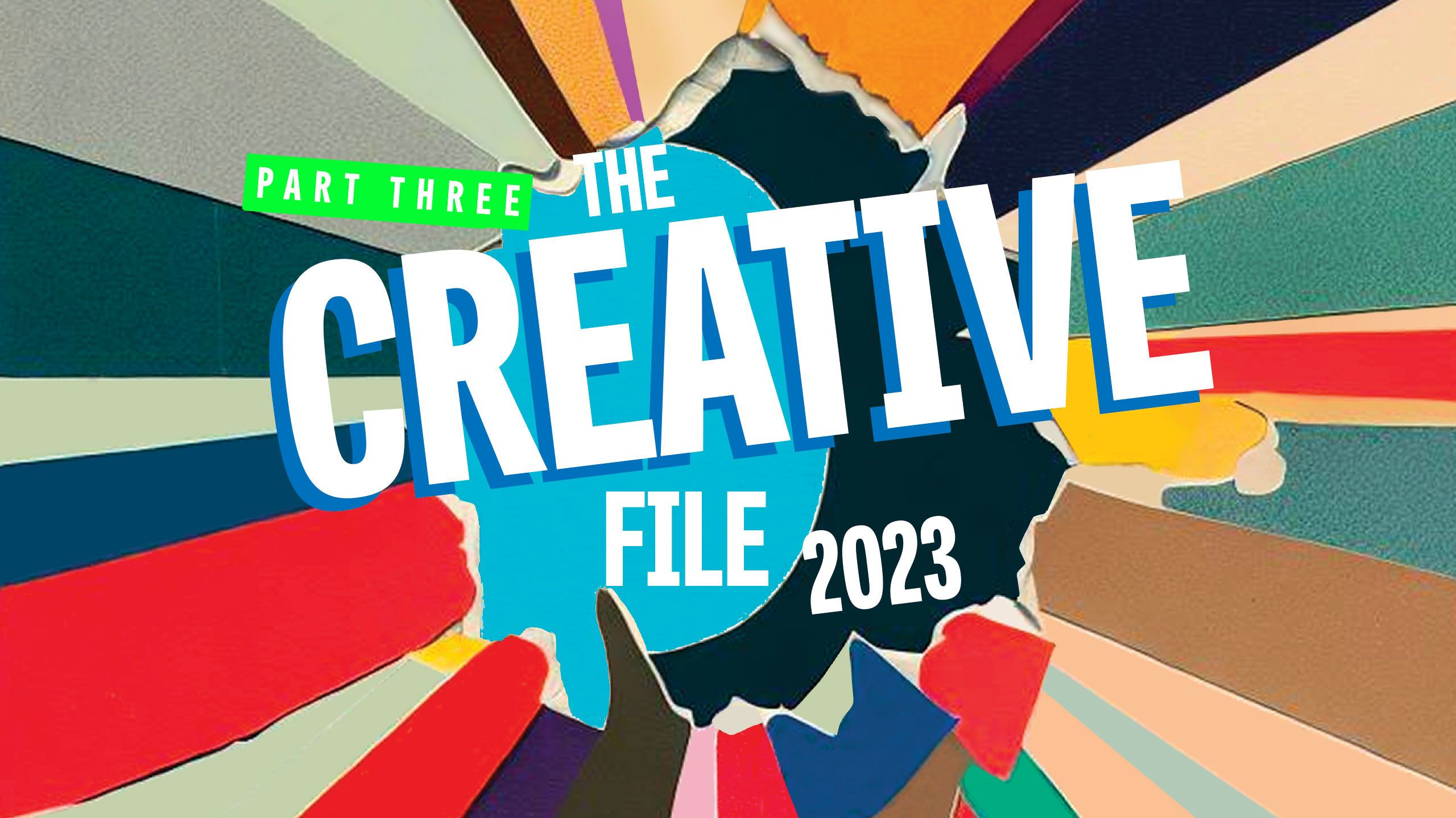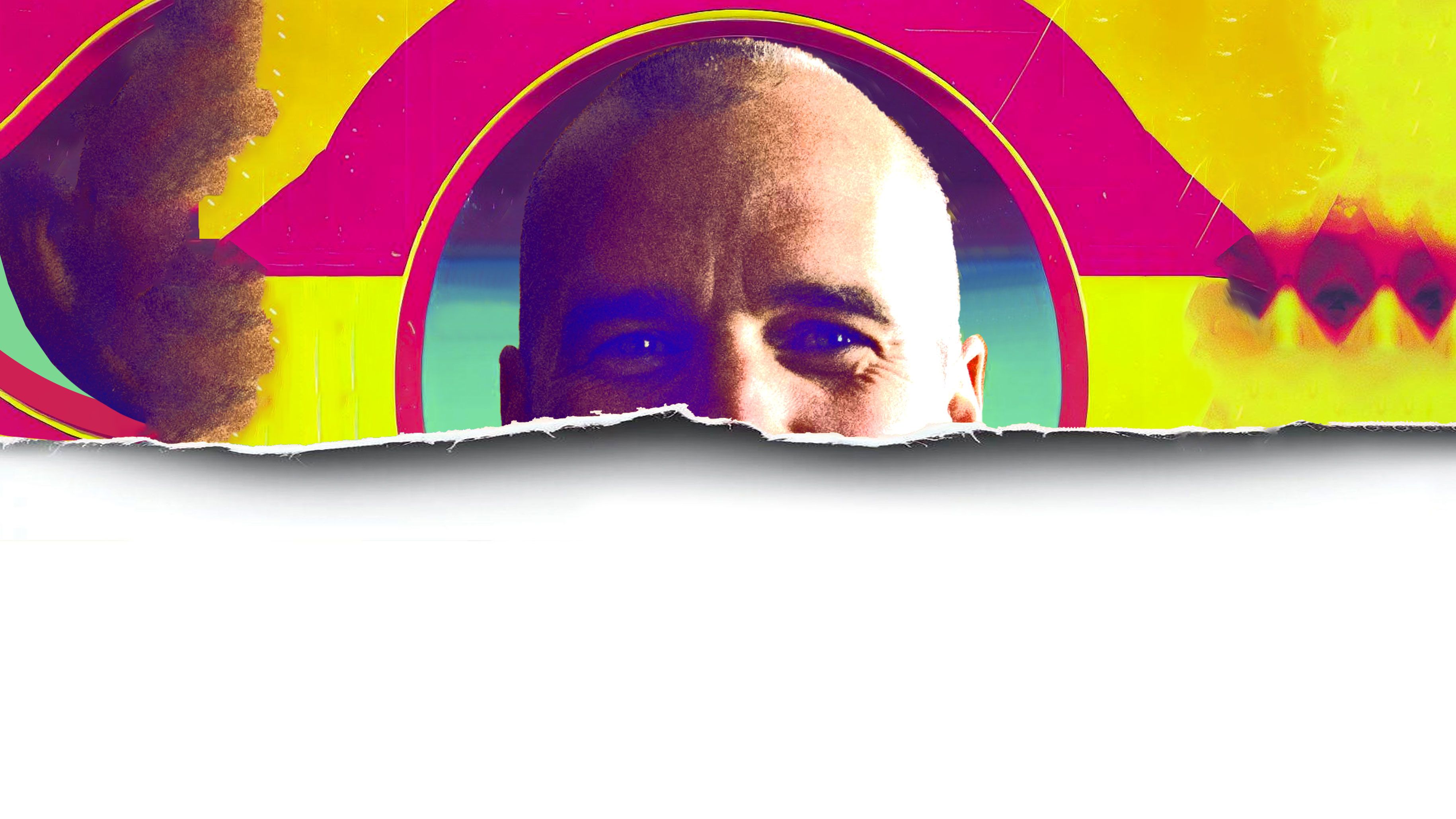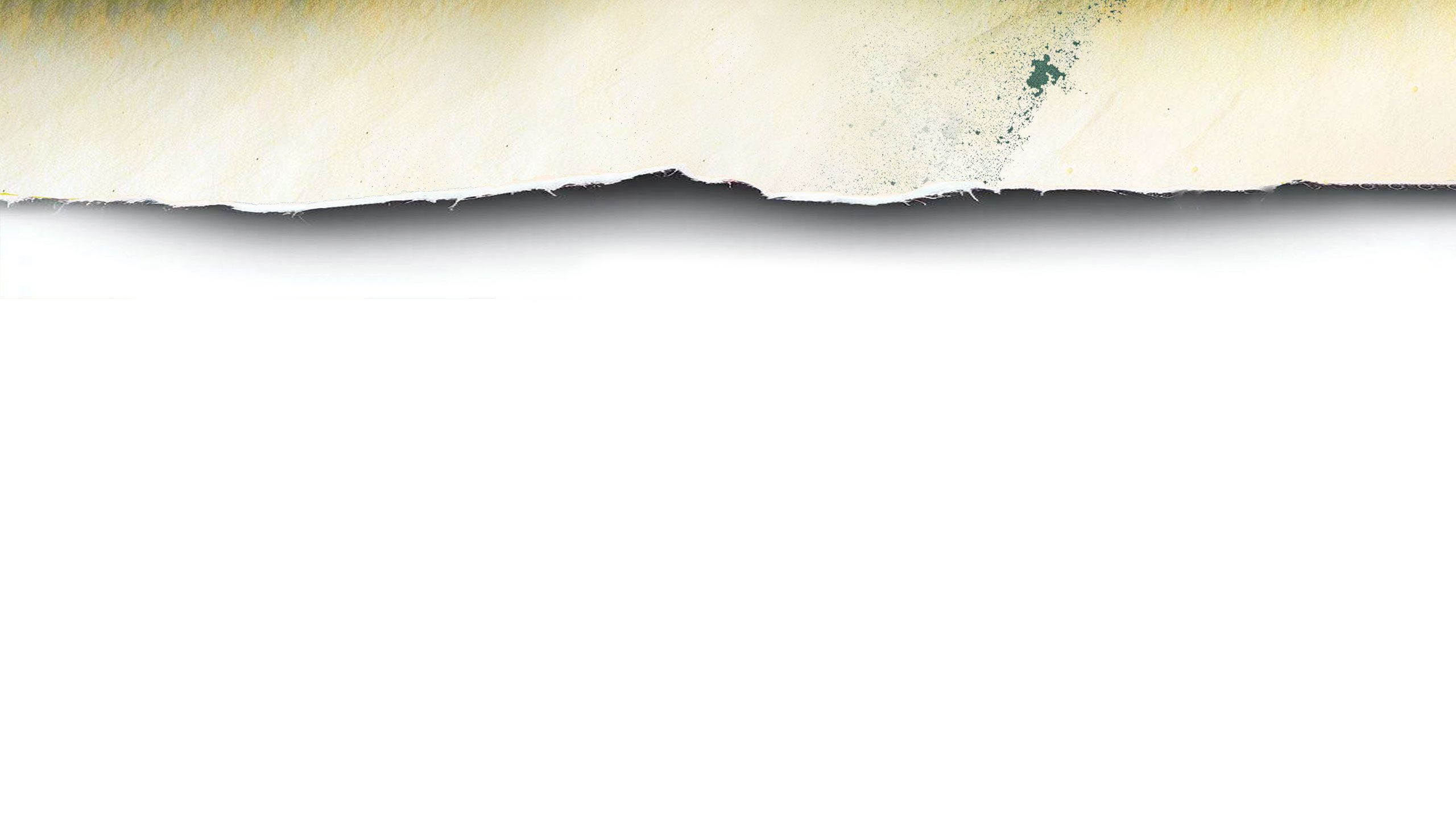
Ebeneza Blanche
Director, represented by Smuggler
Simple, stylish: director Ebeneza Blanche’s signature style adds new depth to the music and fashion industries. His commanding oeuvre of short films includes a surreal Gucci Super Bowl spot, a homage to Nigeria in Little Simz’s Point and Kill music video, and “Dimensions” – an Afro-futurism film for artists Jae9 and Skepta, which contemplated the vibrant flowering of creativity in contemporary Ghana, a country steeped in tradition.
While he is based in his birthplace of Amsterdam, Blanche has lived and breathed other cultures – from time spent at boarding school in Ghana to his director training in the UK. Now he shoots all over the world, from Los Angeles to Nigeria: “I take inspiration everywhere I go. It’s important for my craft.”
These diverse experiences of culture and diasporic identity make Blanche’s work both reflective and reflexive. While his art is a cathartic release, tracing the steps of his lived experience, Blanche believes in the outward power of film. “I want to shift perspective. To make work that is empowering, educational, and gives back to communities” he says. That includes a desire “to change politics” too.
Recalling the time Little Simz approached him about shooting a music video in Nigeria, he says he felt exuberant but also sceptical. Although Nigeria is not unlike Ghana, he had never been there before. “When I take on a project, I don’t want to take from the culture,” he insists. “I want to give back to the people that live there, and not have a Westernised version.”
For Blanche, it’s all about the details. He spent so much time contemplating how to create authentic Nigerian culture, the final idea came together only three days before the shoot. The film tackles the issue of police brutality in the country, with a reimagined homage to the 1973 Senegalese drama Touki Bouki. It won 12 major awards in 2022 alone.
Long suspense shots and perfect symmetry – fragments from the school of Stanley Kubrick and Wes Anderson (Blanche’s favourite directors) – influence his style. “I like to create tension,” he says. “Suspense – but in my way. I’m almost reinventing the zoom. I use it for stylistic reasons that make you focus on one image, by getting closer and closer.”
When it came to shooting for Gucci – in which NFL cornerback Jalen Ramsey interviews himself – the challenge was less about culture and more about tone: “I needed to make sure it wasn’t a corny ass ad. To tap into what makes him great, without being cocky.”
Blanche says he manifested working with the luxury brand. “I knew I was capable of shooting a Gucci film. My style is very much in the world of Gucci,” he reflects. The shoot took place in LA: “It’s a filmmaker’s dream to be out there. I felt like I was achieving things in life.”
His most recent work, “Mathlete” for The New Originals clothes brand, is his most personal yet, Blanche says. It explores his own disciplinary experience at a Ghanaian boarding school as a way to shine a light on the school system in Ghana. He admits he “kept it simple” to “keep it fashion” but he’d like to take it further in future. He wants to change the system, not just reflect it.

King She
Directors
Radha Ganti and Robert Lopuski, otherwise known as the husband and wife director duo King She, always tackle their work with “bounce and style”.
The pair’s film Rare: The Boy Who Cried Swag, which explored issues of race and police brutality in the US through the lens of model Rico Sanches, launched King She into orbit when the pair joined Somesuch shortly after its release last autumn.
Their expertise lies in different fields, with Ganti’s experience in production and journalism and Lopuski specialising in editing. Working with clients like Apple Music and Brand Jordan, the pair joined forces around a year and a half ago, with Ganti bringing her love of aesthetics, and Lopuski his interest in language.
This sense of partnership goes further than their careers, as the duo navigate the balance between personal and professional. The couple credit the advice given to them by husband and wife co-founders of Somesuch, Tim Nash and Sally Campbell, who said to “delineate which conversations [the pair] have as filmmakers and business partners, and which ones [they’re having] as husband and wife”.
King She has always been “quite pessimistic” and the pair have their concerns when it comes to AI’s impact in filmmaking – and the world in general – as Lopuski puts it: “It’s going to fuck up society.”
He adds: “I think people are having a little bit of a personal crisis, especially in the creative space. People are wondering, what is their future in this space if a computer could produce it in milliseconds?”
However, Ganti says the industry has a responsibility to the future and that it “can't sit in pessimism”. Instead, it should work towards finding a responsible way of using AI.
For instance, Ganti foresees AI helping to prep set design ideas and to communicate with crews. King She has also used tools like Runway to visualise ideas at the early stages, but also still use storyboard artists later down the line.
King She hosts a podcast series for the Young Director Award, which aims to amplify conversations between rising and established directors, and the duo note the need for community in the director space, which has become a “big mission” for King She.
“I think a lot of directors feel, or have felt in the past, that it's a very solo sport,” Ganti explains. “It can be very lonely, and that's one of the reasons why being in a directing team has helped. People really crave community and connection with each other.”

Pepe Aguilar
Executive creative director, Gallegos United
Pepe Aguilar, executive creative director at Gallegos United, says he always had an artistic streak as a child, and knew early on that he would end up in a creative field, but he was torn on what career to pursue.
A conversation with one of his “worst teachers ever” changed that, which, he says, “proves you can learn good stuff from anyone”. They explained they had trained in architecture only because graphic design was not on offer “back in his day”.
“I thought to myself, ‘that’s interesting’, because I had an inclination for graphic design. So that’s what I studied and eventually jumped into advertising. I’ve been happy ever since.”
Aguilar joined Gallegos in 2022 after serving as ECD at Finn Partners. Before that, it was while he was at Grey Wing that he led work including “Immigrant songs”, a campaign that translated US immigration laws into folk corrido songs to help migrants understand their rights.
Early in his career, he dabbled in all areas of the business, including production, art direction and copywriting.
His first exposure to advertising came in the form of an internship after university at JWT, the agency now known as Wunderman Thompson. This early, holistic integration into advertising across categories served as the foundation for understanding audiences, which he says inspires his creative style.
“A lot of companies are still interested in giving their speech, their message and talk about the benefits of their product,” he says. “But the connection that [creatives] can make is to create a bridge between what the brand wants to say and what the audience wants to hear. The human approach has made me be very empathic with the audiences I work with.”
That is why, “without noticing”, he has leaned toward work that helps “make lives better”. It’s a trait he hopes he and other creatives will continue to hold on to even as technology and AI make their way into creative spaces.
“Creativity needs to be about us humans,”
he says. “It needs to engage with everyone in a way that the average advertising does not.
“With AI, maybe the role of a copywriter completely changes. It may not be about coming up with stuff from your own mind, but rather curating how you ask an AI to come up with that thing. [But a creative] then curates the content that they’re given, so they become even better with those tools.”

Regan Warner
Executive creative director, McCann London
Regan Warner, executive creative director at McCann London, is a self-proclaimed “mama bear”. She believes that it’s really important to bring the best out of people and that is done by creating space for ideas.
“A lot of that is about being confident in your opinion but also knowing when to stop and listen,” she says. “I love pushing creativity but I also know that these are humans and I want to make sure that they are not working themselves into the ground so they can have their fullest creative potential.”
Warner adds that, as an American, she likes to give a lot of hugs and it’s something that she has found helps to break the ice when meeting with clients and build a stronger relationship.
She crossed the Atlantic to these shores in 2008 when her husband Chad Warner was offered a role at Rapp. She left her job as a senior art director at McCann in New York
“to nothing”. The economic downturn at the time had led to many businesses imposing hiring freezes. “It’s what makes us stronger, right?” she says.
Warner soon joined brand marketing agency Frontroom working on clients such as Clinique, Elemis and Sega. After six years she moved to PokerStars, then back to McCann in London to work on L’Oréal for four years, then over to Ogilvy for three years before returning to McCann as ECD in March.
As a 1980s child who has always been into drawing, Warner’s first choice of career was to work for Disney but she was put off when she realised that she would have to start by painting the backgrounds for cels (“this was before Pixar”) because she wanted to do the “actual animation”.
It was a Pepsi ad that she saw at the age of 12 that piqued her interest in adland, and her stepmother (whose brother was an ECD at JWT at the time) opened her eyes to the world of advertising.
When it comes to craft today, Warner says that “sometimes you have to throw it out of the door”. That’s not to say that it’s not important to her but when looking at the value of TikTok to brands, she says that a lot of the videos on the platform have not been in the making for 18 months or so.
“It is done very quickly to be relevant in culture,” she explains, adding that to be able to target all types of consumers, creatives need to slightly alter their mindset.
It’s for this reason that Warner believes that one of the biggest challenges facing ECDs is to attract diversity among creatives to push for “different voices, different sizes, different shapes and try to get a more creator mentality”.
She says: “All it takes is a couple of new voices saying that this is a new way to accomplish this goal or this is a new way to think. It’s a challenge but it’s a challenge worth taking because we need to start operating more nimbly and find ways to communicate on the different platforms in a way that’s native.”

Freddie Powell
Director, Drool
Freddie Powell dedicated 12 years of his life to Wieden & Kennedy before turning his mind to directing.
As a creative director, he had worked on some of adland’s biggest hits, including Nike’s epic 2010 Fifa World Cup campaign “Write the future” and Three’s moon-walking pony.
Despite his success, Powell had always wanted to be a director. “I thought you had to be obsessed with films,” he shares. “I didn’t realise you could be a really irreverent, stupid filmmaker.”
Determined not to go back into the “bottom of the pecking order”, Powell was fortunate that Pablo trusted him to direct a Deliveroo ad “without any sort of route”. And the lauded “Garlic vs lemon” was born.
“Food was the perfect segue for me to get into directing, because I had so much experience,” Powell explains. “I’d done some directing for Lurpak, and I ran KFC for North America.”
And he never looked back. “It was a taste of something. My eyes suddenly opened," he reflects. "It was all my favourite bits of being a creative and none of the bad bits. After 15 years in the industry, I realised I had been in the wrong job the whole time.”
After going it alone, in 2021, Powell set about creating a bespoke approach to production with executive producer Genevieve Sheppard.
Powell muses: “The world doesn’t need another rostered production company. Directors don't need a production company anymore. I love collectives and working with groups of people.”
Powell and Sheppard coined the collective Drool. Through Drool, Powell says he continues to work with people he had the “luxury of working with when he was in advertising”, such as production designers, sound engineers and editors. He claims he is only as good as the people he works with.
The essence of Drool is craft. “Craft just means caring," explains Powell. “I have an unhealthy habit of caring too much. I care about every single little bit of it. Every scene, every transition, every look from the person.”
“Big, dumb, and fun” is Powell’s house style. He pumps his signature energy and playfulness into everything he points the camera at.
Since setting up Drool, Powell has directed Pets At Home "Anything for love" by The & Partnership, Smol "Sick of plastic" by Mother London, and Secret Escapes "Regret" and DFS "Animal Thingdom", both by Pablo London.
“Basically I’m a child," he reflects. "I remember the first time I saw a Wes Anderson film. I love how he subverts in a childlike way something that already exists.”

Ray Smilings
Director, Divison7
When Ray Smilings directed a series of ads for Champs Sports, he shot four commercials in one day... during Florida's storm season.
“There was a thunderstorm with thunder and lightning for three hours straight,” Smilings recalls. “The school had a lightning alarm that would go off like a siren. Weirdly, I’ve been on a shoot where someone got struck by lightning. I thought: ‘Not again!’”
Despite the difficulties, Smilings navigated his way through that minefield: a virtue of his ability to work fast and his penchant for problem-solving.
While Smilings kept a cool head, he surprisingly only switched to full-time directing a year ago. Before that, he did various stints of creative direction at BBDO New York, Johannes Leonardo, Droga5 and Translation.
During this time Smilings says he was “totally aware of becoming a director” and while he doesn't have a formal education, advertising provided him with a way to learn the same things you master at film school.
“It was very illuminating,” he reflects. “Not just in understanding the process that creatives go through, but in understanding how work gets made, from the earliest idea of a brief to making 57 different cut downs.”
From passion projects to commercial work, Smilings’ reel of work focuses on finding emotional truth in absurd moments.
Smilings describes his style as visually driven with a degree of minimalism to it. “I don’t use the craziest camera techniques,” he reflects. “My thing is nailing down a beautiful, emotive frame, then ensuring it’s beautifully lit. I’m good at getting strong performances out of people. That is a big thing for me.”
A former music journalist who ran a boutique record label, music is naturally at the heart of everything Smilings directs. “Music changes a piece,” he says. “I’ve always tried to be super intentional with music and not drop a famous song that borrows an emotional cachet because we can afford it.”
Smilings exercises his love for music in “Play this at my funeral”, a short film that follows a series of stories about a human connection to music. “It’s very coded to different songs which have specific genres. It’s very personal and true to me,” he reflects. “It speaks to a deeper emotional truth, things we all struggle with.”
He notes his Juneteenth work for Wieden & Kennedy's as the commercial film he's most proud of. “That holiday is filled with sensitive issues and potential pitfalls,” he explains in the short film that unpacked the conflicted emotions the black/BIPOC community feel about the federal holiday. “We got to a place where the work navigated a difficult conversation.”
